History of Chekhov
12th Century
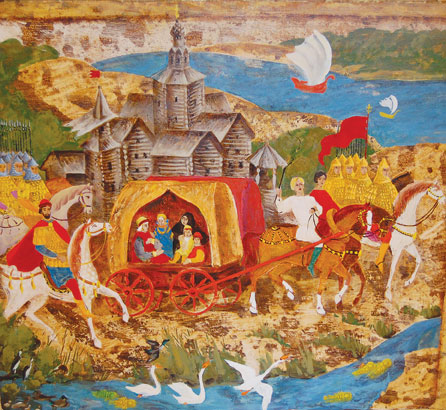
The modern-day city of Chekhov grew from the village of Lopasnya, named after the River Lopasnya, a tributary of the Oka. The first written mention of Lopasnya was made in 1175 when it was part of the Chernigov Principality. According the the chronicle entry during the civil war following the murder of Andrey Bogolyubsky the wives of Mikhail Yurievich and Vsevolod the Big Nest were sent to the Chernigov Principality for protection. Oleg Svyatoslavich, the son of the prince of Chernigov, escorted the wives back to Moscow before returning to his territory of Lospasnya.
13th Century
In 1246, after Prince Mikhail of Chernigov was executed in the Golden Horde, the Chernigov Principality was split up and Lopasnya became part of the Tarusa Principality.
14th Century
Lopasnya, along with the rest of the former Tarusa Principality, was incorporated into the Moscow Principality under Grand Prince Vasily I. Lopasnya was fought over during the wars between Grand Prince Oleg Ivanovich of Ryazan and Grand Prince Dmitry Donskoy of Moscow in 1370-1371. Many citizens of Lopasnya fought alongside Dmitry Donskoy in the Battle of Kulikovo Field in 1380. Eventually a peace treaty was signed in 1382 and Prince Oleg of Ryazan was granted Lopasnya. During this time Lopasnya declined and eventually disappeared from the map. Over the next few centuries it slowly re-grew, possibly in a slightly different location.
16th Century
Voznesenskaya Davidova Hermitage
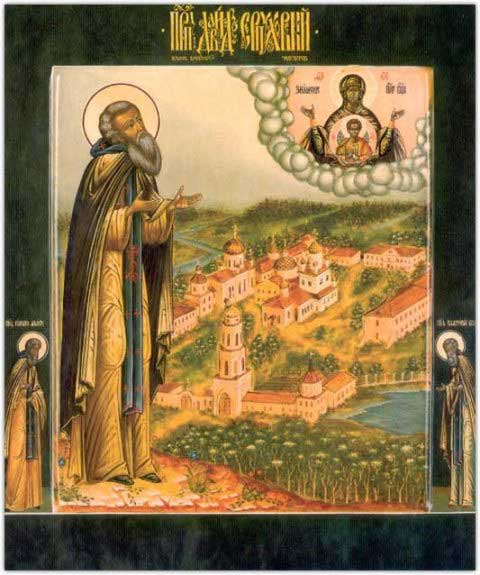
In 1515 a monk by the name of David decided to leave the Pafnutev Borovsky Monastery in Borovsk to set up his own monastery. He selected as the location for his new monastery a hill in a forest overlooking the River Lopasnya as it flows into the Oka (now Noby Byt in the Chekhov District). On this spot David built a wooden monastic cell there and the Davidova Hermitage was born. The monk David died in 1529 and was laid to rest in a church newly built for his resting place. Later David was canonised as St David of Serpukhov.
Battle of Molodi
In 1572 in the village of Molodi, which is now located in the Chekhov District, a famous battle took place between Russian and Crimean Tatar troops. The previous year Crimean Tatar raiders had successfully raided Moscow burning it to the ground and they decided to repeat the raid the following year. The Crimean Tatars successfully defeated the guard at Serpukhov but then to their surprise met Russian reinforcements, who had been prepared to counter such an attack. The outnumbered Russians won a great victory at the Battle of Molodi and less than a quarter of the Crimean Tatars escaped with their lives.
18th and 19th Century
Lopasnya-Zachatievskoe Estate
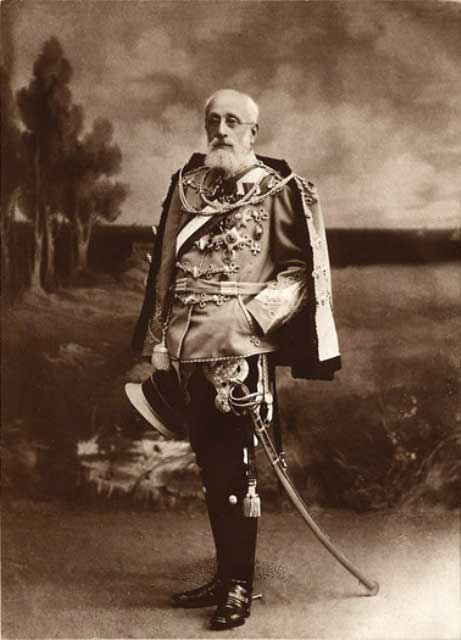
In the 1770s the Lopasnya-Zachatievskoe Estate in Lopasnya was granted to Aleksandr Vasilchikov, a favourite of Empress Catherine the Great. This would lead to the estate being associated with not only the Vasilchikov noble family but also the Lanskoy, Goncharov and Pushkin families. After Aleksandr Pushkin's death, his widow Natalia married Pyotr Lanskoy in 1844, whose sister in turn was married to Nikolai Vasilchikov. This meant that Pushkin's children were often visitors at the Lopasnya-Zachatievskoe Estate and his son, Aleksandr Aleksandrovich Pushkin, and several grandchildren are buried in the Conception of Anna Church on the estate's territory.
Anton Chekhov and the Melikhovo Estate
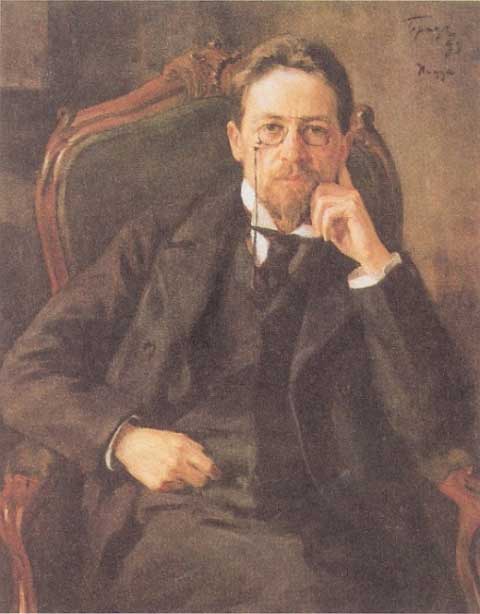
In 1892 after Anton Chekhov’s return from Sakhalin, he decided to buy the Melikhovo Estate just outside of Lopasnya which would one day be named in his honour. Not only was Chekhov productive in a literary sense on his estate (he wrote there 'The Seagull' and 'Uncle Vanya' among other works), he was also active in helping the local population by building schools and a clinic for them. However as his health further deteriorated, in 1899 Chekhov sold up and moved to Yalta where he hoped the warm climate would be beneficial for him.
20th Century
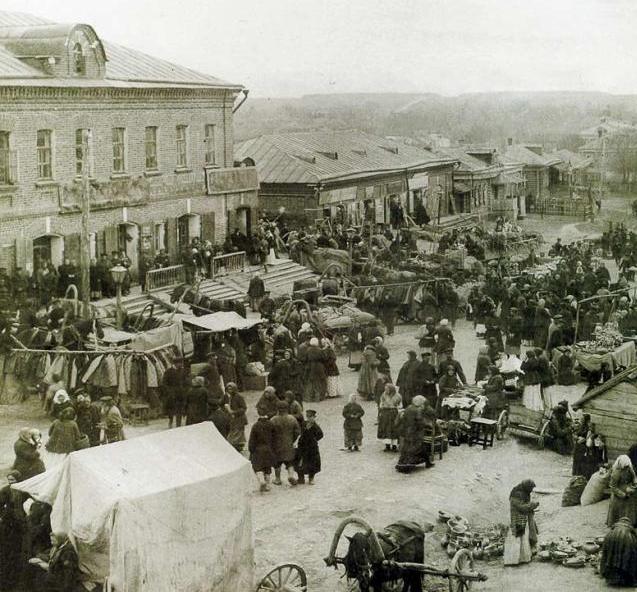
In 1954 the village (selo) of Lopasnya was granted city status and awarded its own coat of arms. At the same time as receiving city status Lopasnya was renamed Chekhov in honour of the great writer who once lived nearby at the Melikhovo Estate.

 History
History